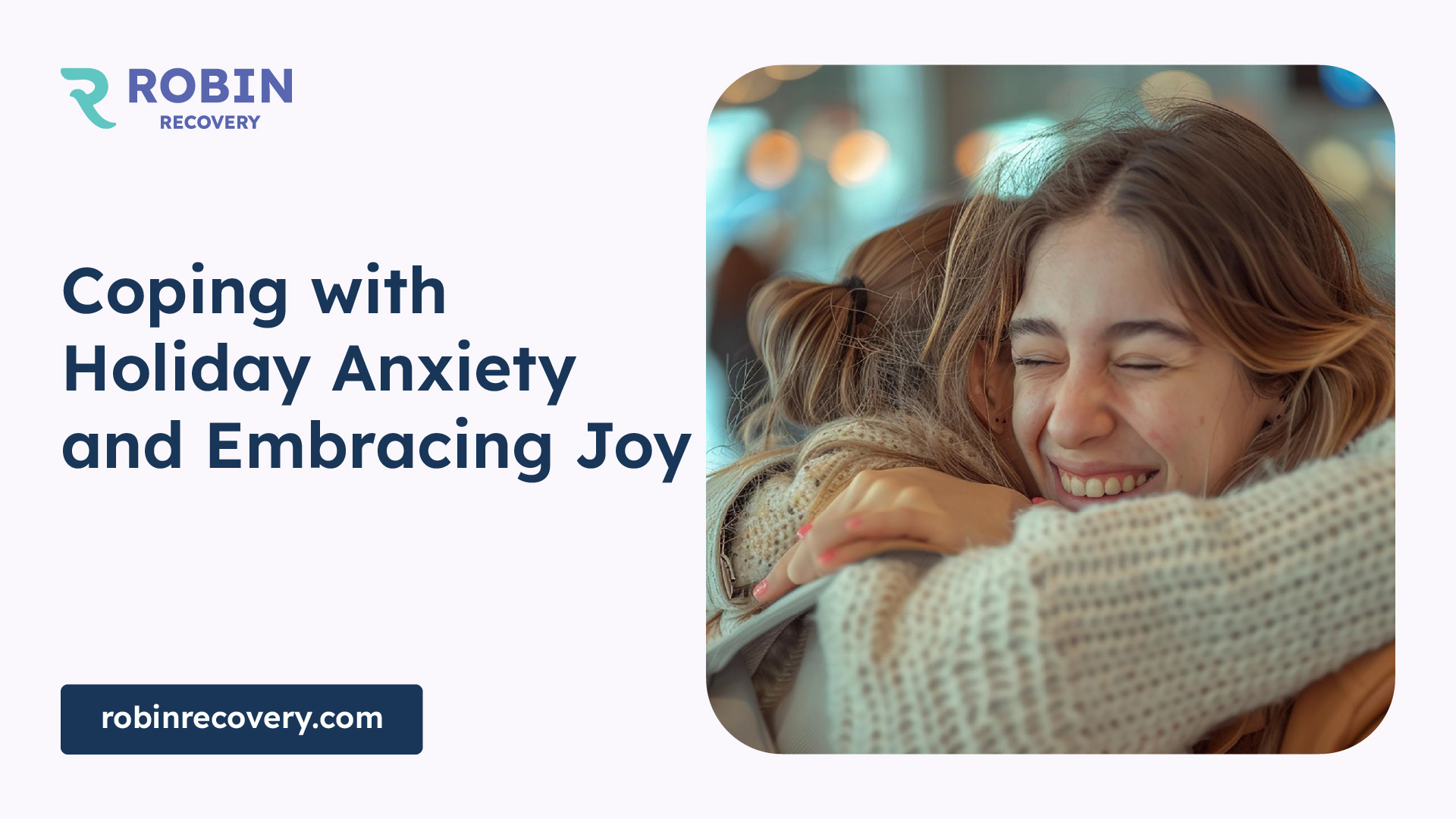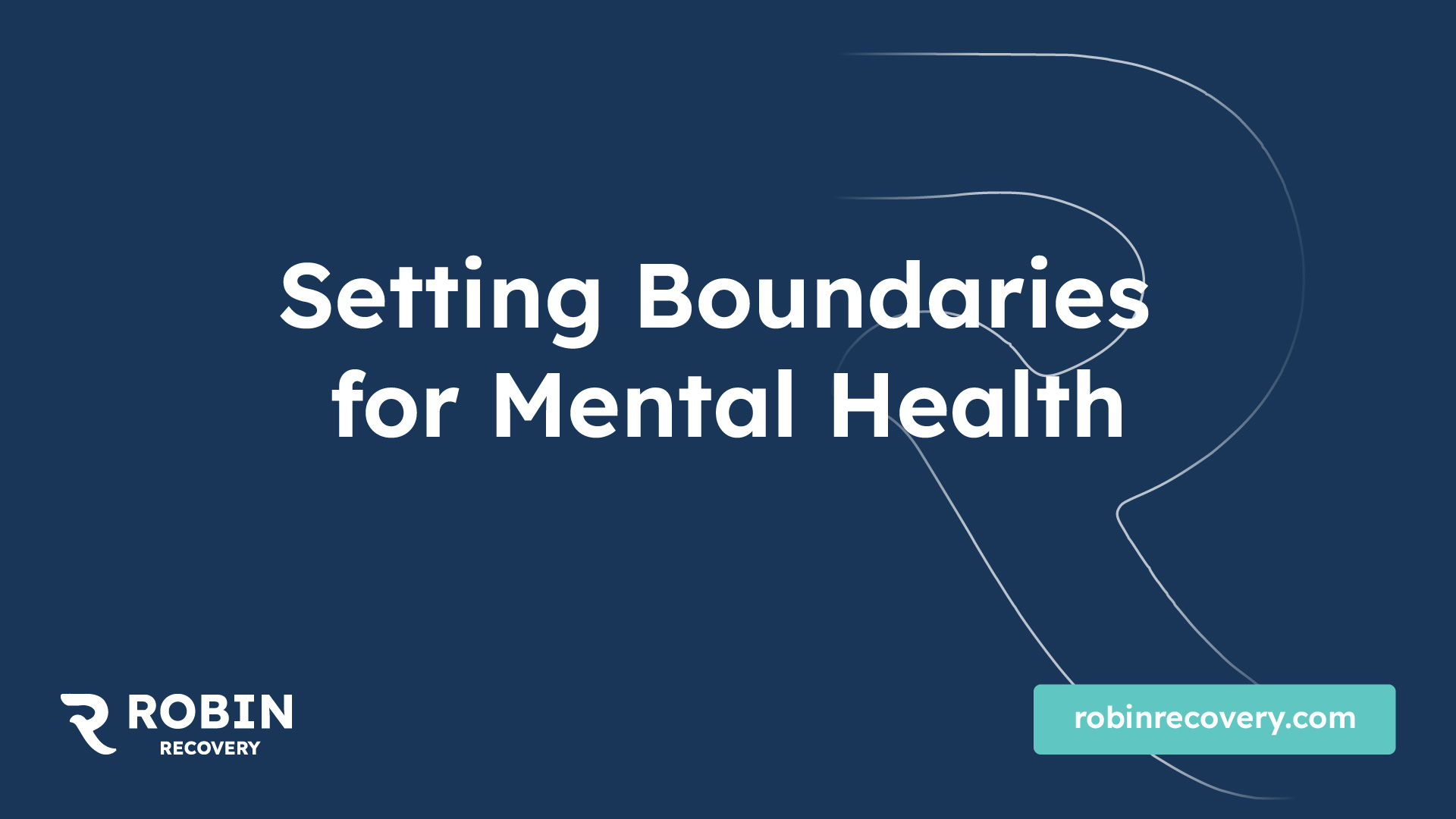Coping with Holiday Anxiety and Embracing Joy

Prioritizing Self-Care During Holidays

Importance of Self-Care
Self-care involves taking deliberate actions to preserve and enhance physical, mental, and emotional well-being. Neglecting self-care during the holidays can result in heightened stress levels, burnout, and an inability to fully appreciate the season's joys [1]. To effectively manage dealing with holiday anxiety and finding joy, individuals should prioritize their self-care practices. This includes ensuring adequate sleep, nourishing meals, and regular physical activity to stay mentally and physically balanced.
Self-Care PracticesBenefitsAdequate SleepReduces stress and enhances moodHealthy EatingBoosts energy and improves focusPhysical ActivityAlleviates anxiety and promotes well-being
Me Time for Well-Being
Carving out moments for personal "Me Time" is crucial during the holiday season. Engaging in activities such as meditation, reading, or enjoying a walk can significantly help recharge one's energies. Maintaining a healthy routine allows individuals to be in a better position to connect with others and enjoy festive experiences.
Moreover, prioritizing "Me Time" can lead to improved emotional health. It offers opportunities for reflection and self-awareness, essential for managing stress and anxiety. A balanced approach to personal care is vital for ensuring happiness and overall health as one navigates the holiday season.
In addition, creating a personalized self-care toolkit, which includes comforting activities and support resources, can be beneficial. This proactive strategy helps individuals handle stress more effectively and encourages taking time for oneself amidst the holiday hustle. Embracing self-care not only leads to a more fulfilling holiday experience but also protects overall mental health during this often overwhelming time.
Setting Boundaries for Mental Health
Setting boundaries is essential for maintaining mental health and well-being, especially during the holiday season when stress levels can spike. This section explores how to establish personal boundaries and the importance of saying no to stressors.

Establishing Personal Boundaries
Establishing personal boundaries involves openly communicating one's needs and limits. This practice helps protect mental and emotional well-being, particularly during times of high demand such as the holidays. Individuals can benefit from learning to say no to obligations that do not contribute positively to their well-being.
Key strategies for setting effective boundaries include:
StepDescription1. Identify Personal LimitsDetermine what makes you feel overwhelmed and set clear limits around those areas.2. Communicate ClearlyUse clear and direct language when communicating your boundaries to others.3. Stand FirmOnce boundaries are set, reinforce them by sticking to them consistently, even if it's uncomfortable.
Individuals can also reflect on their triggers for stress or negative emotions to help inform their boundaries. This process can lead to a more enjoyable holiday experience by focusing on what truly matters—one's physical and mental health.
Saying No to Stressors
Learning to say no is a critical aspect of managing holiday anxiety. It enables individuals to prioritize their own needs and reduces the risk of becoming overwhelmed. When faced with requests that may lead to added stress, individuals can practice saying no without feeling guilty.
Examples of situations where saying no may be necessary include:
ScenarioRecommended ResponseInvite to an event that causes anxiety"Thank you for inviting me, but I will have to pass this time."Overcommitting to family duties"I won't be able to take on that extra task; I need to focus on my own well-being."Annual traditions that feel burdensome"I’d like to try something new this year instead of continuing with our usual tradition."
Saying no helps individuals focus on activities they find fulfilling, thereby enhancing their overall enjoyment of the season. Prioritizing overall well-being during the holidays can reduce anxiety and increase joy through meaningful connections with family and friends. By embracing personal boundaries, individuals can navigate the holiday season with a greater sense of peace and happiness while effectively dealing with holiday anxiety and finding joy.
Practical Self-Care Strategies
During the holiday season, effectively managing stress is essential for maintaining a sense of joy. Practical self-care strategies can help reduce anxiety and ensure that one finds time for personal well-being.

Scheduled Self-Care Time
Scheduling specific self-care time throughout the busy holiday season is a fundamental aspect of managing stress. Establishing dedicated moments for self-care can significantly improve one's overall mental health and well-being. Research shows that around 38% of individuals experience increased stress during the holidays due to routine interruptions and added responsibilities [4].
Setting aside time for activities such as reading, meditating, or engaging in hobbies can provide an essential break from holiday demands. Below is a sample self-care schedule that can be adapted for personal needs:
DayScheduled ActivityDurationMondayYoga30 minutesTuesdayReading1 hourWednesdayNature walk45 minutesThursdayJournaling30 minutesFridayCreative art project2 hoursSaturdaySpa day at home2 hoursSundayFamily game night3 hours
Creating a self-care routine not only reduces stress but also fosters a sense of peace and joy. To further enhance self-care practices, consider creating a self-care toolkit filled with comforting activities and support resources [1].
Delegating Tasks for Stress Relief
Another effective strategy for dealing with holiday anxiety is delegating tasks to alleviate the pressure of overwhelming responsibilities. Many individuals feel the need to manage everything themselves, leading to burnout and heightened stress levels. By sharing responsibilities with family and friends, one can create a more enjoyable and less stressful holiday experience.
For example, common tasks that can be delegated include:
Encouraging participation from loved ones not only diminishes individual workloads but also fosters meaningful connections. According to studies, engaging in volunteer work with family members during the holidays aids in giving back to the community, promoting joy, togetherness, and stress relief. This collaborative approach can be beneficial in building relationships while managing stress effectively.
By implementing these practical self-care strategies, one can create a more serene and joyful holiday experience, ultimately focusing on what truly matters during the season.
Embracing New Holiday Traditions
When dealing with holiday anxiety and finding joy, embracing new traditions can be a powerful way to shift focus from materialism to meaningful experiences.
Creating Meaningful Experiences
In today’s fast-paced world, the holidays are increasingly celebrated through experiences rather than material possessions. Sharing a meal, taking a hike, or engaging in a fun activity together can offer a refreshingly different perspective. Creating moments that foster connection can help alleviate the pressure often associated with gift-giving, leading to a more enjoyable and fulfilling holiday season.
Experience IdeasBenefitsShare a mealFosters connection and creates lasting memoriesTake a hikeEncourages physical activity and relaxationHost a game nightPromotes laughter and bondingVolunteer togetherEnhances feelings of gratitude and community
Emphasizing love and connection during the holidays is key. Thoughtful gestures, such as preparing a meal for others or organizing a group outing, can help strengthen relationships and create cherished memories.
Alternative Gift-Giving Ideas
Rather than succumbing to the pressure of material gifts, exploring alternative forms of gift-giving can provide a more personal touch. Homemade gifts, for instance, are not only affordable but also enjoyable to make, allowing individuals to express their care and creativity [4].
Focusing on experiences rather than physical items can also lead to joyful moments. Activities such as attending a concert, going bowling, or participating in a cooking class together can provide significant enjoyment and connection.
Ultimately, the joy of giving and receiving gifts comes from the thought and effort involved. It is beneficial to prioritize meaningful gestures that demonstrate love and appreciation, rather than focusing solely on the material aspect of gifts [6]. Love and affection should take center stage during holiday celebrations, leading to a more satisfying and anxiety-free experience. Small acts of kindness and shared experiences not only alleviate holiday stress but also enrich personal connections.
Engaging in Volunteer Work
Engaging in volunteer work can be a powerful way to combat holiday anxiety while promoting a sense of joy and fulfillment. In addition to helping those in need, volunteering offers unique opportunities for personal and collective growth during the holiday season.
Giving Back to Community
Participating in community service during the holidays has a notable impact on personal well-being. When individuals contribute their time to help others, they often experience an increase in feelings of purpose and happiness. Studies suggest that volunteering can enhance mental health by reducing feelings of isolation and stress. Individuals engaged in giving back not only uplift the spirits of those they help but also foster their own joy and satisfaction.
The table below shows various volunteering activities that can be pursued during the holidays.
Volunteer ActivityDescriptionFood DrivesCollecting and distributing food to those in need.Clothing DonationsDonating gently used clothing to shelters or charities.Community Clean-upsOrganizing efforts to clean up local parks or neighborhoods.Hospital VisitsSpending time with patients and providing companionship.
Bonding Through Shared Values
Volunteering with family members and friends can strengthen relationships and create lasting memories. The shared experience of helping others can nurture joy, togetherness, and even stress relief. By working on community projects, individuals bond over shared values and objectives, enriching their connections.
This practice generates a supportive environment that encourages open communication and understanding among friends and family, particularly during a time when holiday stressors may be prevalent. Volunteering together can also spark conversations about personal values, helping individuals articulate their beliefs and aspirations.
According to the American Psychiatric Association, community service can also provide a platform for individuals to discuss and reflect on their struggles with anxiety or related issues.
Incorporating volunteer work into holiday plans not only aids in dealing with holiday anxiety and finding joy but also leaves a lasting impression on everyone involved. Embracing this spirit of giving enriches both the community and personal connections.
Relaxation Techniques for Stress Relief
Benefits of Relaxation
Relaxation techniques play a crucial role in managing stress and improving overall quality of life, especially for those dealing with holiday anxiety. These methods can lower symptoms of stress and are particularly beneficial for individuals facing health-related stressors, such as heart disease and chronic pain.
Some of the key benefits of practicing relaxation techniques include:
BenefitDescriptionStress ReductionLowers cortisol levels and helps manage anxiety.Improved FocusEnhances attention span and cognitive function.Better SleepPromotes restful sleep, reducing insomnia symptoms.Lower Blood PressureHelps to decrease hypertension and improve cardiovascular health.Enhanced MoodBoosts overall happiness and life satisfaction.
Implementing these techniques can lead to a more serene experience during the chaotic holiday season, ultimately assisting individuals in dealing with holiday anxiety and finding joy.
Learning and Practicing Techniques
Learning relaxation techniques is accessible and often low-cost or free. These methods can be practiced almost anywhere, making them convenient for anyone needing stress relief. Here are some effective techniques that can be learned and practiced:
Practicing these skills regularly can help improve effectiveness over time. If a particular technique is not yielding desired results, trying out different methods can help identify what works best for the individual. Consulting healthcare professionals is recommended if stress persists, to ensure proper coping strategies are in place [9].
Incorporating physical activity, even in the form of moderate exercise, can also aid in reducing holiday stress. Participating in activities that provide joy and limit negative triggers, such as excessive screen time, can further enhance relaxation.
References
[2]:
[3]:
[4]:
[5]:
[6]:
[7]:
[8]:
[9]:
